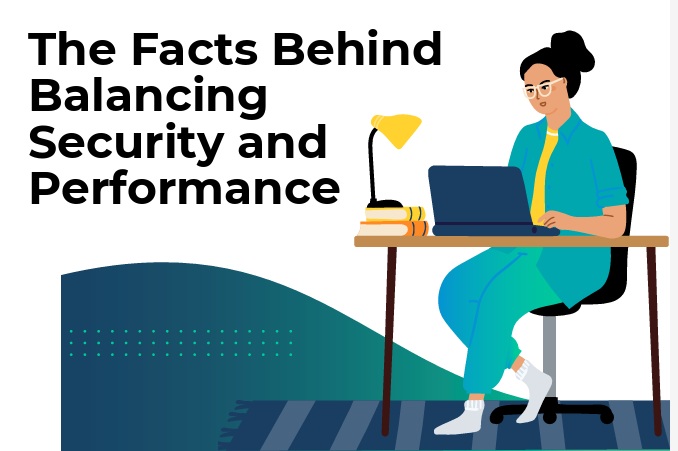Remote Work
One of the most misunderstood culprits of poor application performance is packet loss. Even minimal packet loss can cripple the throughput of a high-speed connection, making enterprise applications sluggish and frustrating for remote employee ... So, what's going wrong? And why does adding more bandwidth fail to fix the issue? ...

Efficiency is a highly-desirable objective in business ... We're seeing this scenario play out in enterprises around the world as they continue to struggle with infrastructures and remote work models with an eye toward operational efficiencies. In contrast to that goal, a recent Broadcom survey of global IT and network professionals found widespread adoption of these strategies is making the network more complex and hampering observability, leading to uptime, performance and security issues. Let's look more closely at these challenges ...

In APMdigest's 2025 Predictions Series, industry experts offer predictions on how Observability and related technologies will evolve and impact business in 2025. Part 5 covers user experience, Digital Experience Management (DEM) and the hybrid workforce ...
Broad proliferation of cloud infrastructure combined with continued support for remote workers is driving increased complexity and visibility challenges for network operations teams, according to new research conducted by Dimensional Research and sponsored by Broadcom ...
